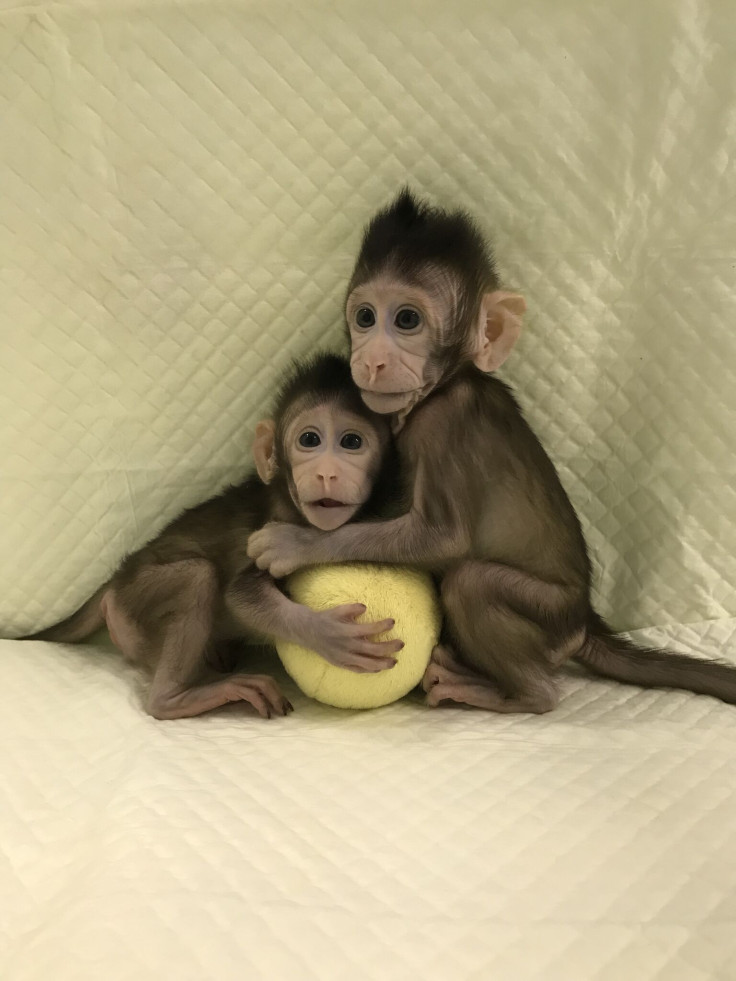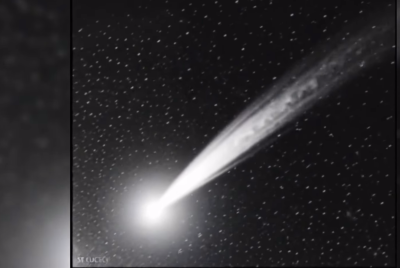Meet Zhong Zhong and Hua Hua: Chinese scientists create two adorable monkey clones in a world first
Researchers have created two genetically identical monkey clones using technique that produced Dolly the sheep.
For the first time, Chinese scientists have created two genetically identical monkey clones using the same technique that produced Dolly the sheep – the first-ever mammal to be cloned.
Researchers at the Chinese Academy of Sciences in Shanghai have named the newborn long-tailed macaques Zhong Zhong and Hua Hua, now six and eight weeks old respectively and are growing normally for their age.
The new research is outlined in a paper published in the journal Cell.
The monkeys were born using a cloning technique known as somatic cell nuclear transfer (SCNT), which involves removing the nucleus of an egg cell from one animal and replacing it with the nucleus of a body cell from another animal.
The reconstructed egg is then implanted into a surrogate and develops into a clone of whatever animal donated the replacement nucleus.
This cloning method has proven extremely difficult in monkeys up till now, and, indeed, the researchers created several clones which only survived for a few hours after birth.
"We tried several different methods, but only one worked," says Qiang Sun, Director of the Non-human Primate Research Facility. "There was much failure before we found a way to successfully clone a monkey."
The key to the scientists' success was conducting the very delicate SCNT procedure as quickly as possible which limits damage to the egg. This technique "takes a lot of practice", according to Muming Poo, a co-author of the study.

The team plan to hone their technique and are expecting more macaque clones to be born in the coming months.
The importance of this new study, according to the researchers, is that it demonstrates the viability of producing cloned monkeys with identical genes, which would be useful as human analogues in medical research studies, [although critics may argue that this practice is unethical].
"This will generate real models not just for genetically based brain diseases, but also cancer, immune, or metabolic disorders and allow us to test the efficacy of the drugs for these conditions before clinical use," said Sun.
Zhong Zhong and Hua Hua are not the first primate clones. That honour goes to Tetra – a rhesus monkey born in 1999 using a simpler method known as embryo splitting.





















